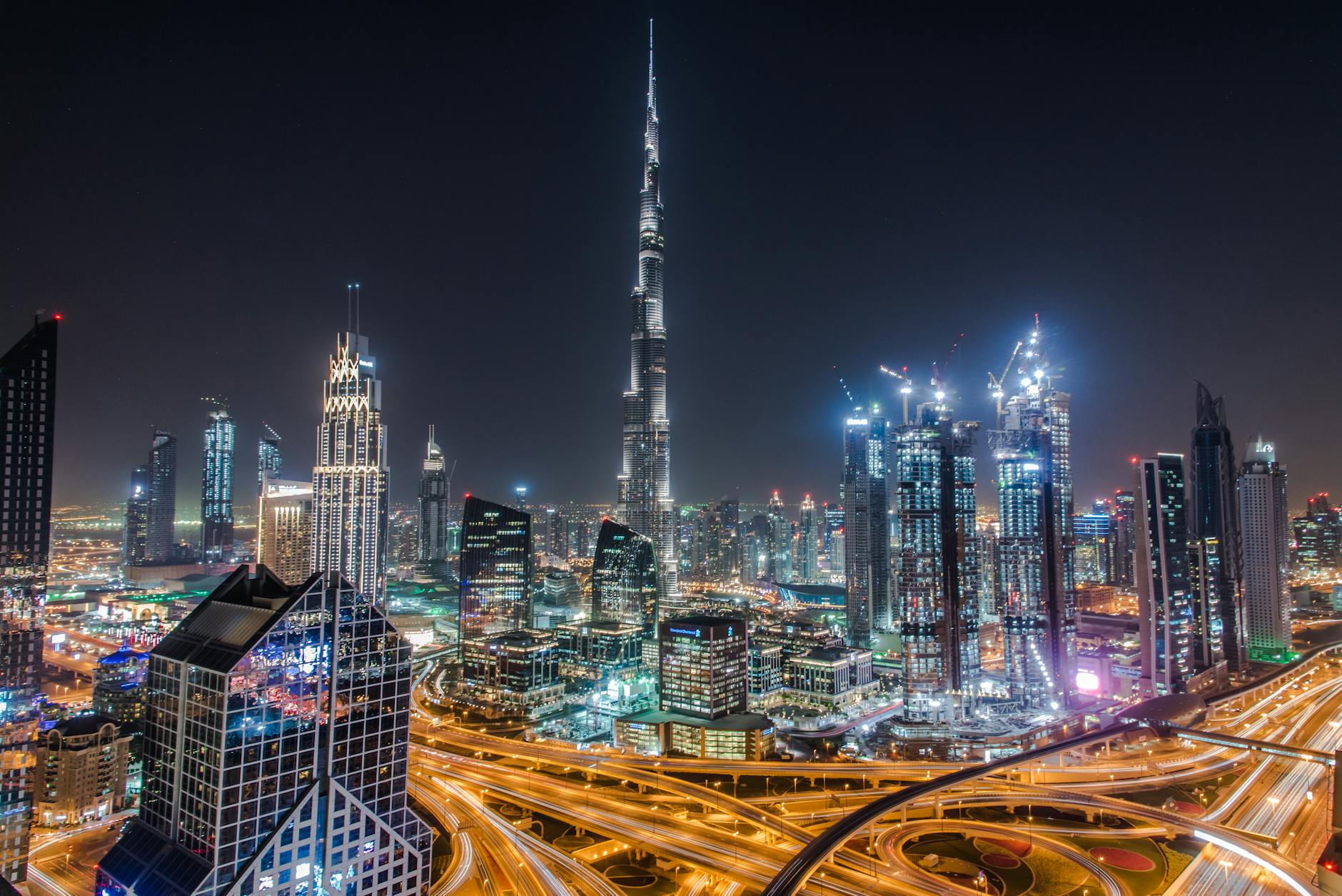
13 Reasons Why You Should Not Move to Dubai: Understanding the Realities Behind the Glitz
Dubai is often marketed as a city of dreams—a hub of luxury, modernity, and opportunity. But behind the towering skyscrapers and the allure of a tax-free income lie several important factors that potential residents need to consider. Moving to Dubai isn’t for everyone, and while it may seem like the ideal destination for a fresh start, it comes with its own set of challenges that can take people by surprise.
Before you pack your bags, let’s explore 13 compelling reasons why you may want to think twice about moving to Dubai.
1. Cultural Differences Can Be Overwhelming

Dubai is a melting pot of cultures, but it’s still deeply rooted in Islamic traditions and Middle Eastern customs. Expats must adapt to a way of life that includes modest dress codes, public behavior regulations, and strict rules around alcohol consumption. These cultural norms can be a big adjustment, especially for those coming from more liberal environments.
2. Extreme Heat for Most of the Year

Dubai’s desert climate can be unbearable for many, with temperatures often reaching above 40°C (104°F) during the summer months. The intense heat lasts for a significant part of the year, and outdoor activities become virtually impossible during these times. While the city is equipped with air-conditioned buildings and malls, the constant need to avoid the heat can be restrictive.
3. High Cost of Living
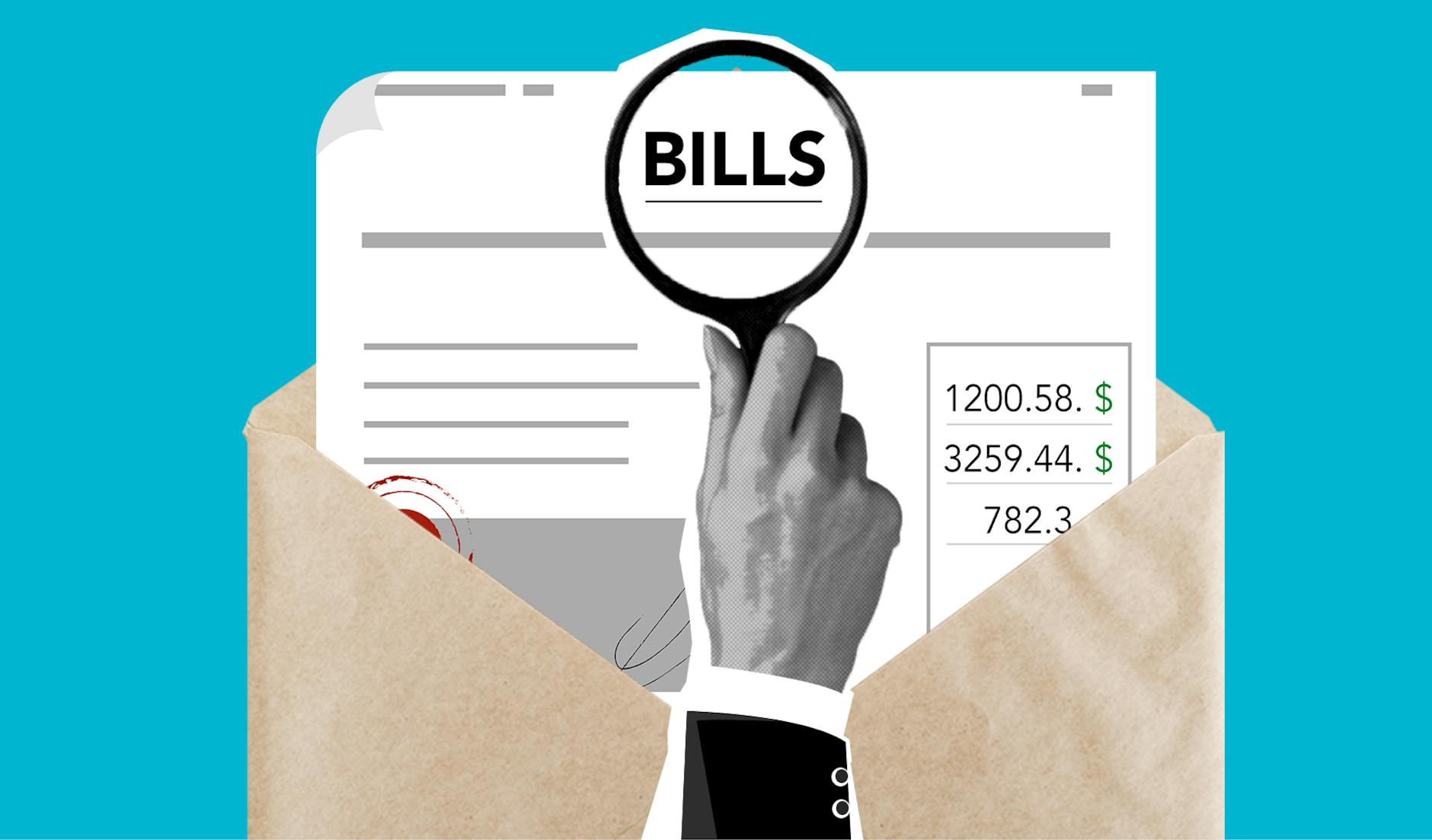
Dubai is not a cheap place to live. Housing, especially in popular expat areas, can be exorbitantly expensive. Rent, groceries, and other living costs can quickly add up, and the perception of “tax-free” wealth may not be as substantial once expenses are factored in. You may find that saving money in Dubai can be much harder than expected.
4. Strict Legal System

Dubai’s legal system operates under Sharia law, which can lead to harsh penalties for behavior that might be considered minor in other countries. Public displays of affection, offensive language, and even hand gestures can result in fines, imprisonment, or deportation. It’s essential to understand and respect the local laws, or you could face serious legal repercussions.
5. Job Market Uncertainties
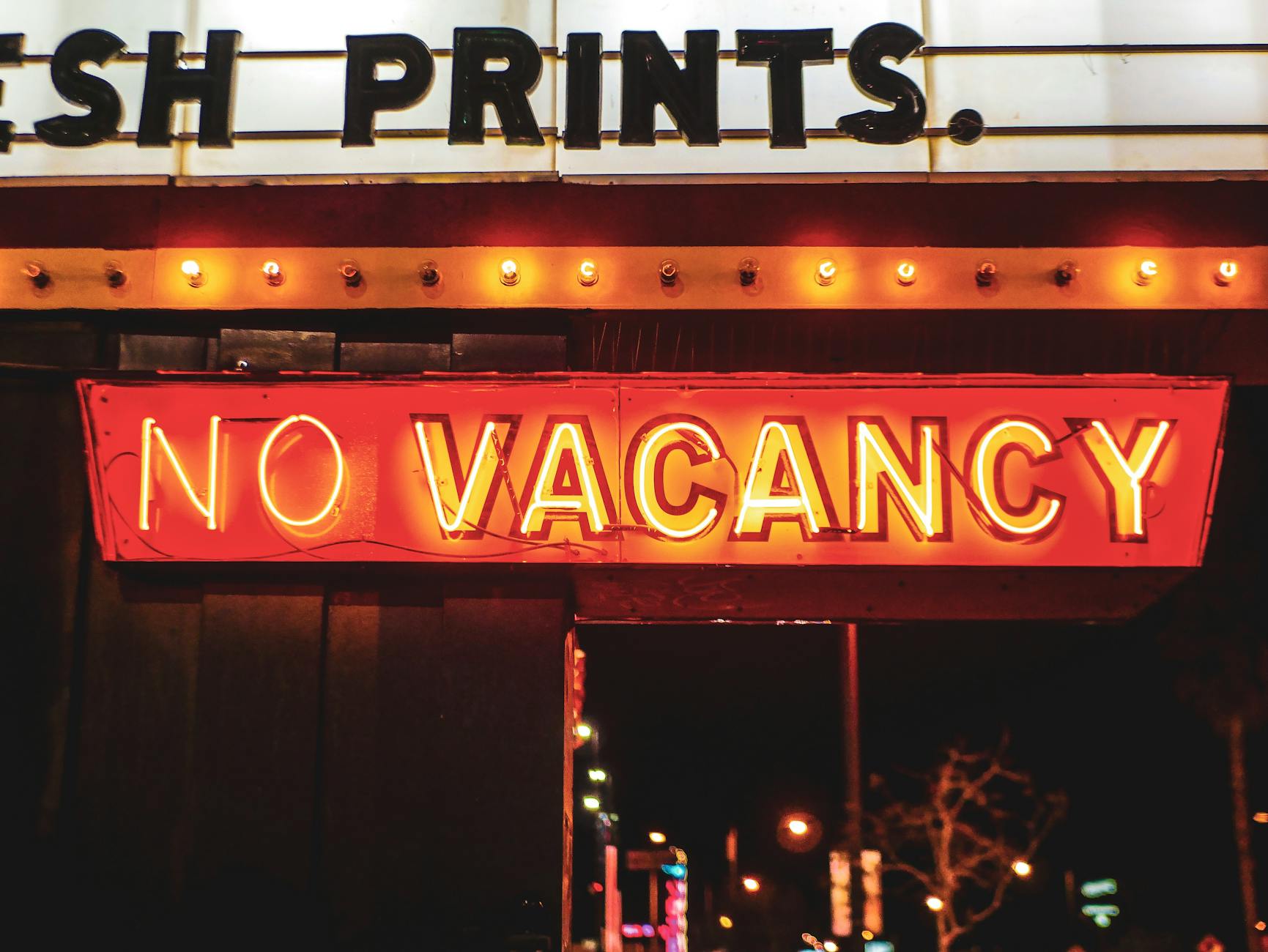
While Dubai is home to many thriving industries, the job market can be highly competitive, especially in sectors like finance, real estate, and technology. Securing a job before moving is crucial, as finding employment once you’re in the city can be difficult. Moreover, job security is not always guaranteed, and layoffs happen frequently without the safety net of unemployment benefits.
6. Healthcare Costs Are High

Healthcare in Dubai is of high quality, but it comes at a significant cost. While some employers offer health insurance, not all packages cover everything you might need, and out-of-pocket medical expenses can be steep. Without comprehensive insurance, even basic medical care can put a serious dent in your finances.
7. Limited Social Freedoms

If you’re used to a vibrant social scene, Dubai might feel restrictive. Alcohol is only available in certain licensed venues, and there are limitations on nightlife and public gatherings. The conservative social norms can make it difficult for people to express themselves freely, and some may find the atmosphere stifling.
8. Transience of the Population
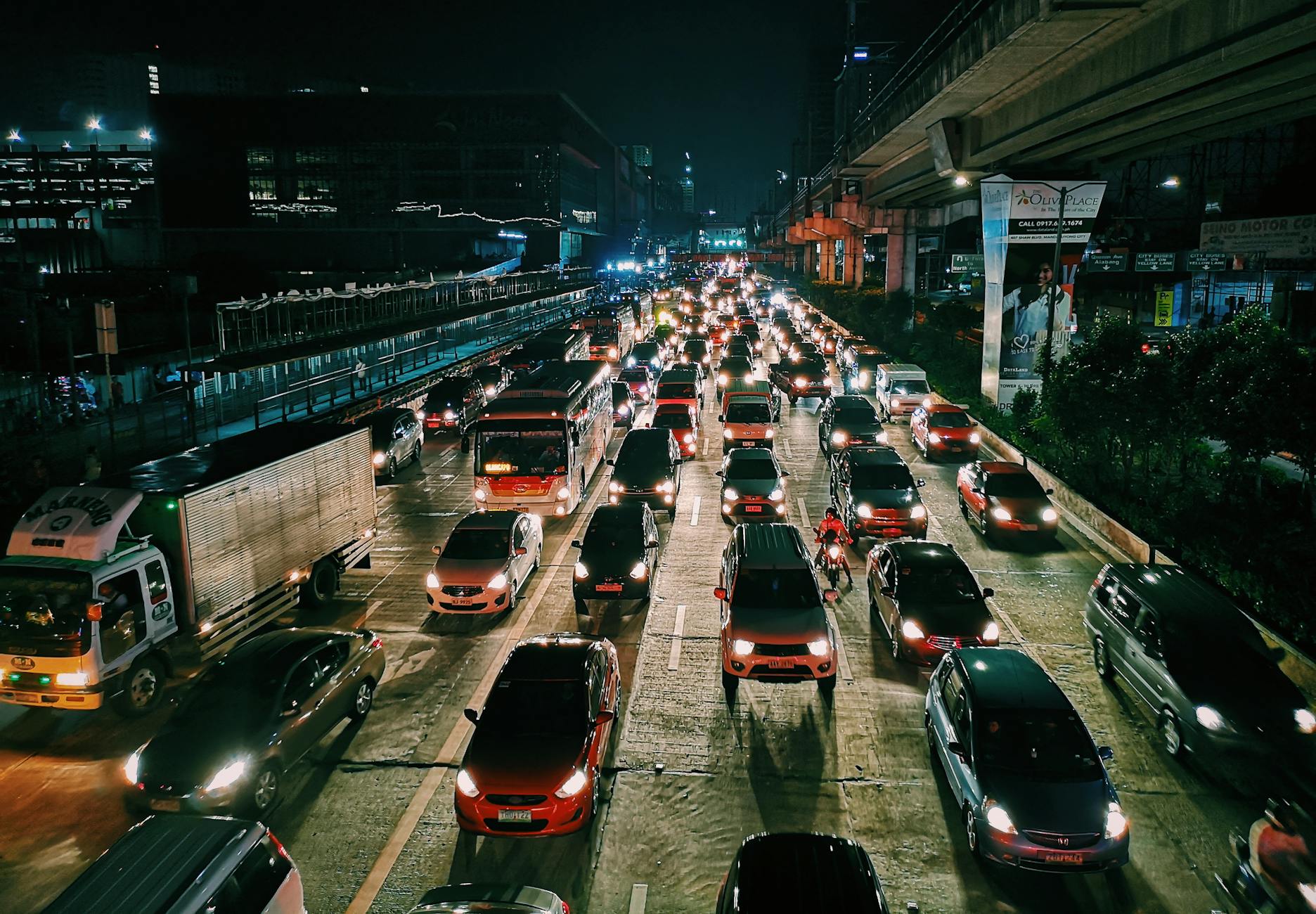
Dubai has a large expat community, but it’s also highly transient. Many people come and go due to short-term job contracts, making it hard to form lasting relationships. Friendships can be fleeting, and building a long-term social network may be more difficult than you anticipate.
9. Traffic and Transportation Issues
Dubai is notorious for its heavy traffic, especially during rush hour. While the public transportation system is improving, it’s still limited compared to cities like London or New York. Most residents rely on cars to get around, which means dealing with congestion, long commutes, and the high costs of owning a vehicle.
10. Environmental Concerns

Dubai’s rapid urbanization has led to significant environmental degradation. Water shortages, excessive energy consumption, and a reliance on desalination plants are major issues that the city faces. The constant construction projects also contribute to air and noise pollution, which can affect quality of life for residents.
11. Visa and Residency Issues
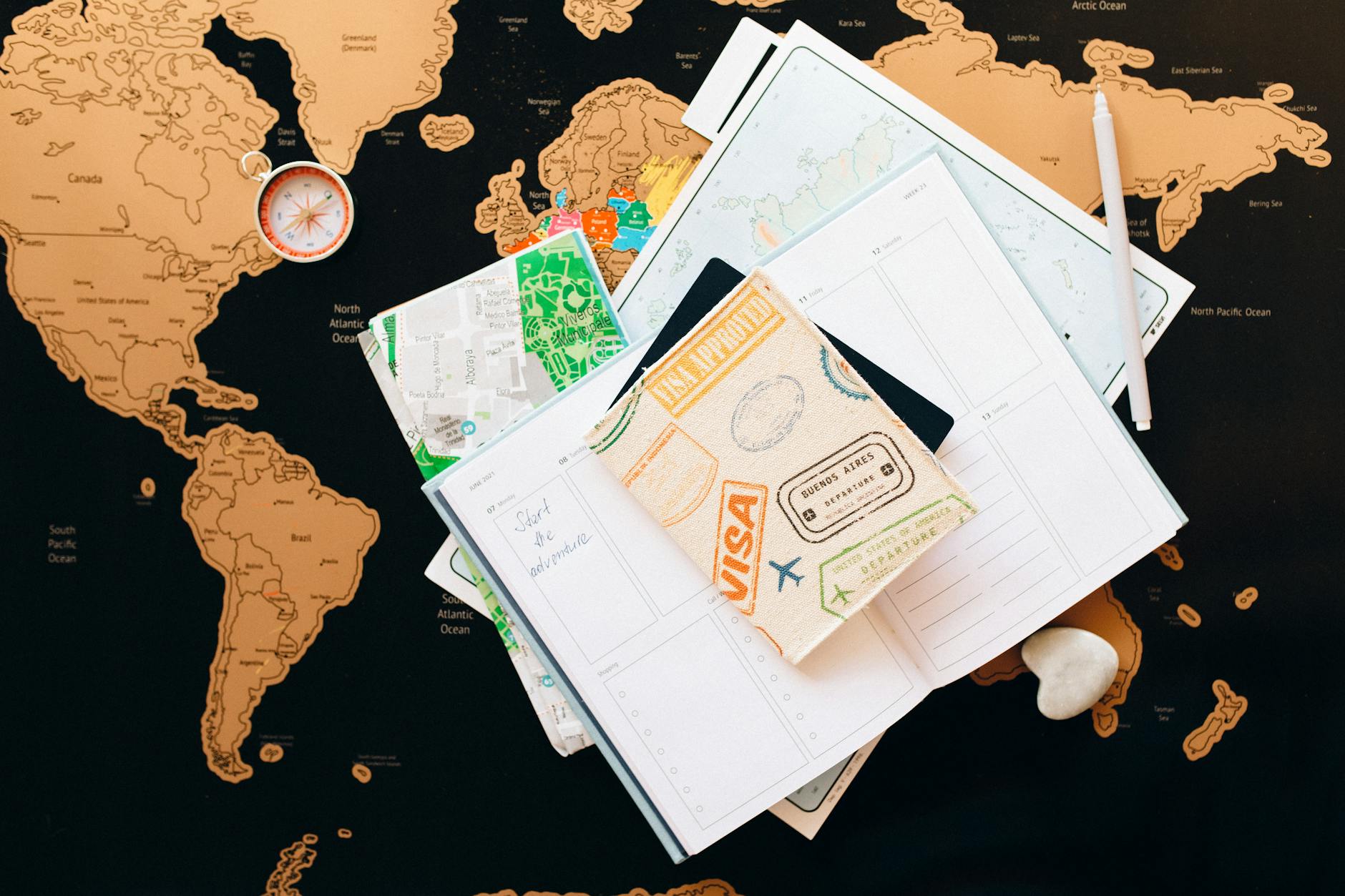
Most expats in Dubai live on a work visa, which is tied to their employment. Losing your job can mean losing your residency status, often within 30 days. The pressure of job instability and the possibility of quick relocation can be stressful, especially for those with families.
12. Education Costs

If you’re moving to Dubai with children, education will likely be one of your biggest expenses. International schools in Dubai are extremely costly, and while the quality is high, the fees can be prohibitive for many families. There is little in the way of affordable education options for expat children.
13. Isolation from Family and Friends

Moving to Dubai can be isolating, especially if you’re coming from a country far away. The distance from family and old friends can make it difficult to stay connected, and the time differences can complicate communication. For some, the feeling of being far from home can lead to homesickness and loneliness.
Conclusion
While Dubai offers exciting opportunities and a high standard of living, it also presents challenges that may not be immediately apparent. From the extreme heat to the high cost of living and cultural differences, moving to Dubai requires careful consideration and planning. It’s essential to weigh the pros and cons before making the leap. The city’s glamorous reputation often overshadows the realities of daily life, so it’s crucial to do thorough research and reflect on your personal needs and lifestyle preferences before making such a big decision.
Frequently Asked Questions (FAQs)
1. Can I drink alcohol in Dubai?
Yes, but only in licensed venues such as hotels, restaurants, and clubs. Drinking in public places or being intoxicated in public is illegal.
2. Is Dubai a good place to raise children?
Dubai offers a high quality of life and excellent international schools, but the cost of education and living expenses can be a challenge for families.
3. What is the job market like in Dubai?
While there are opportunities, the job market is competitive, and securing a position before moving is advised. There is no safety net like unemployment benefits if you lose your job.
4. Do I need to speak Arabic to live in Dubai?
No, English is widely spoken, and most businesses operate in English. However, learning some Arabic can help in understanding local culture.
5. What is the healthcare system like?
Healthcare in Dubai is high quality but expensive. Comprehensive health insurance is a must to avoid large out-of-pocket expenses.
6. How long can I stay in Dubai without a job?
If you lose your job, you typically have 30 days to secure a new one or leave the country unless your visa is extended.
7. Can I drive with my home country’s license in Dubai?
It depends on your nationality. Some countries have agreements with the UAE, allowing their residents to convert their license. Otherwise, you’ll need to pass a driving test in Dubai.
8. Is it safe to live in Dubai?
Yes, Dubai is one of the safest cities in the world with low crime rates. However, it’s essential to adhere to local laws to avoid any legal trouble.
9. Can unmarried couples live together in Dubai?
Recent changes in the law have made it legal for unmarried couples to live together, but cultural sensitivities still exist, and discretion is advised.
10. What are the best areas to live in Dubai?
Popular expat areas include Marina, Downtown, Jumeirah, and Emirates Hills, but these come with high rental prices.
11. Is public transportation reliable in Dubai?
While Dubai has a metro system and buses, most people rely on cars. Traffic congestion is common, especially during peak hours.
12. How hot does it really get in Dubai?
Temperatures can soar above 40°C (104°F) during summer, with high humidity levels making it feel even hotter.
13. What is the cost of living like in Dubai?
Dubai is an expensive city, particularly when it comes to rent, groceries, and schooling. While salaries can be high, the cost of living may offset the benefits of a tax-free income.
Disclaimer
This article provides general information based on available data and personal experiences. Readers are encouraged to conduct their own research and consult relevant sources before making decisions or forming conclusions about moving to Dubai.
Discover more from hsnrev.com
Subscribe to get the latest posts sent to your email.




